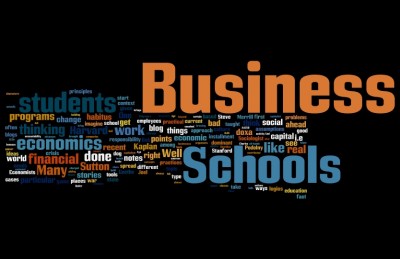
In the early 2000s, there were two films that came out, Bully {2001} and Thirteen {2003} that were cautionary tales about the darkside of teen life and bad influences. I’ve noticed that in the media recently, bullying is getting quite a bit of attention recently, with a focus on suicides, suicide attempts, and the use of the Internet, i.e., cyberbullying, which got widespread media attention with the Megan Meier suicide catalyzed by Lori Drew’s creation of a fake persona.
I’ve been watching how the media portrays these cases, often focusing on white and/or middle-class incidents, which is part of the “shock and awe” of the story. The narrative is that your kids aren’t safe where they should be—in school, public or private.
A few weeks ago, I was watching an Anderson Cooper special on CNN, where he returned to the Hollenbeck neighbourhood of Los Angeles. Anderson wasn’t talking about bullying, but about gangs.
Bullies and gangs often use similar tactics to instill terror and intimidation, but gangs are often made distinct by their “criminal activity.” The motives are linked to similar needs for perceived control, belonging, and identity. Is this an artificial distinction, one of degree and not of kind? I think so and I feel that if the media were portray suburban bullies like gangland thugs, there would be a backlash tied to attitudes surrounding class and race.
Anyone who has read Geoffrey Canada’s Fist Stick Knife Gun: A Personal History of Violence in America {1995} {Amazon.ca} could see the social structure, habitus, and behavioural parallels between bullying in suburban schools and Canada’s recounting of growing up in the Bronx in the 1960s. This is a good summary of one of Canada’s anecdotes about growing up:
“One day his two older brothers came back from the playground. ‘Where’s John’s jacket?’ their mother asked. John answered, ‘A boy took it.’ She asked Daniel, ‘And what did you do when this boy was taking your brother’s jacket?Daniel muttered, ‘I didn’t do nuthin’. I told Johnny not to take his jacket off. I told him.’ ‘My mother exploded. ‘You let somebody take your brother’s jacket and you did nothing? That’s your younger brother. You can’t let people just take your things. You know I don’t have money for another jacket. You better not ever do this again. Now you go back there and get your brother’s jacket.’ Though his older brothers were both smaller than the playground bully, they got the jacket back. Their mother gathered them around and told them they had to stick together, ‘she would not tolerate our becoming victims.’ That philosophy of ghetto parents he summarized as, ‘Accept it, this is a violent world, so teach (children) to cope by acting more violently than the others.'” [*]
Canada goes on to describe how the institutions in the neighbourhood, schools, police, etc., aren’t factored into the social order for various reasons, cultivating feelings of powerlesness and fueling taking matters into one’s own hands, i.e., violence. Again, I see parallels here with the bullying being portrayed in the media. While some may argue that the parallels fall apart with cyberbullying, I disagree. The warfare of bullying is a psychological violence, which can have just as deadly consequences. Technology isn’t the enemy though. It’s the social institutions enabling the behaviours.
Twitterversion:: Bullying is media darling now, but what about insights re: gangs? Is drawing that parallel too radioactive? #ThickCulture @Prof_K
Song:: Belle & Sebastian-‘We Rule the School’



